Malaysia is seriously making key improvements to its tax system with e-invoicing. The Inland Revenue Board of Malaysia (IRBM) is at the forefront of this digital shift with the role of guiding businesses to carry out the transition process in a standard way. This change is like moving from traditional hand-written receipts to a seamless and automated process - focusing on efficiency and accuracy.
Starting from August 1, 2024 as the first phase for businesses with an annual turnover of RM 100 million and expanding to all taxpayers until July 1, 2025, IRBM e-invoicing promises to improve business operations and reduce costs related to paperwork and transportation.
Malaysian businesses, it’s time to embrace this modern approach. Deep dive into our article to understand more about IRBM guidelines and our advice when realizing it!
Updated Key Guidelines of IRBM e-Invoicing for Malaysian Enterprises
Up to now, IRBM e-invoicing of Malaysia has been updated to version 2.3. It provides specific enhancements to further streamline the use of e-invoicing in business operations.
MyInvois Batch Uploads
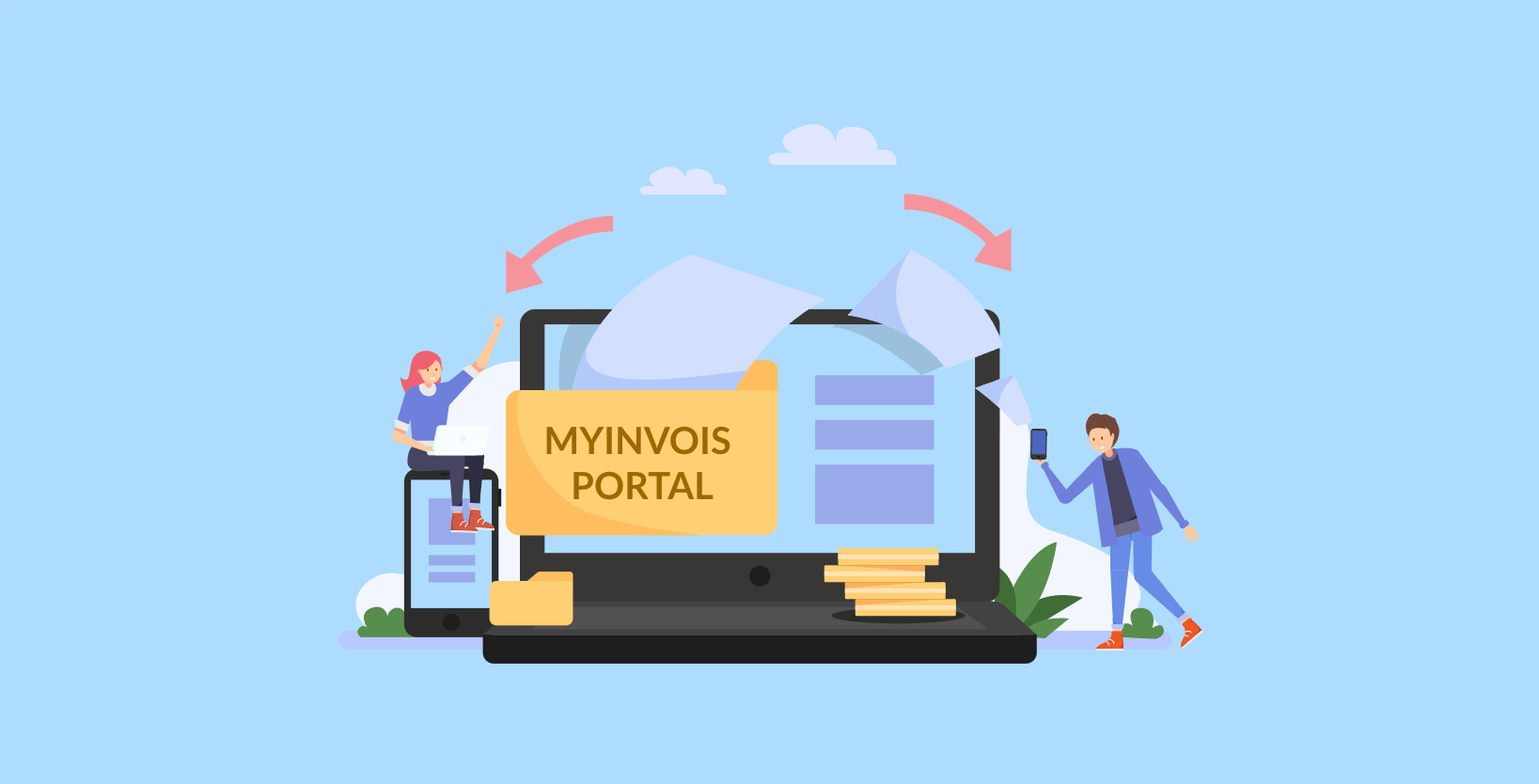
The process for creating and sending e-invoices via MyInvois Portal has been improved. The “Batch Generation'' feature is now called “Batch Upload”. Instead of using a defined layout file, businesses can upload e-invoices in batches using a predefined Microsoft Excel spreadsheet.
This update simplifies the submission process, like using a template for baking multiple cakes at one - efficient and ensures uniformity.
Types of Exempted Transactions
IRBM has revised the list of transactions exempt from e-invoicing by removing “Scholarship” from the list. This change ensures that all relevant financial activities, including scholarship transactions, are captured, improving overall transparency and compliance.
Format Changes for Invoice Retrieval
Option to retrieve required invoice details in CSV report format from the MyInvois Portal has been removed. Businesses will now need to use alternative formats provided by the portal.
Response Adjustments API
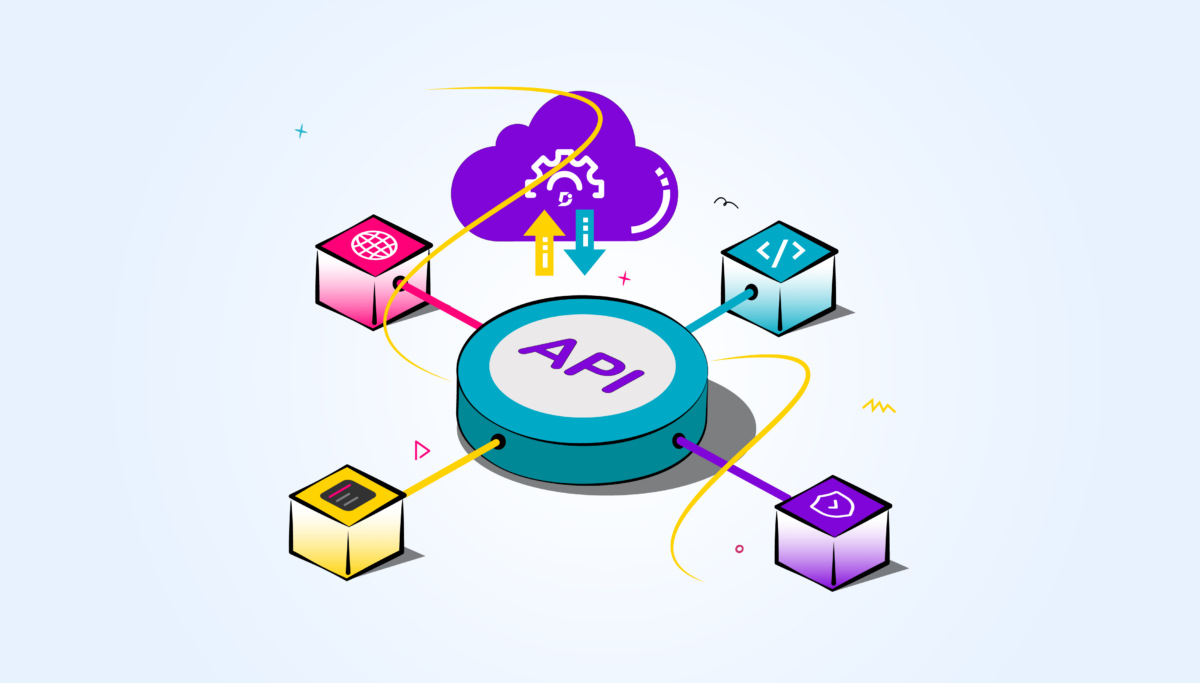
For businesses using API for e-invoicing, the response format has been adjusted. Instead of receiving a direct “validation link”, it will now include “information to form validation link”, This makes it necessary for Malaysian businesses to adjust their API integration process, like modifying a formula to ensure everything works more smoothly together.
Transaction Limits for Non-E-invoice Requests
For transactions where the buyer does not request an electronic invoice, IRBM e-invoicing has introduced specific limitations: a maximum submission size of 5MB, maximum 100 e-invoices per submission, and maximum size of 300KB per e-invoice.
This ensures that the system remains efficient and prevents overload as the number of businesses using e-invoices increases.
Optional Data Fields
In the updated guidelines, two previously required fields are now optional: supplier email and buyer email. Businesses will have more flexibility in the IRBM e-invoicing process, and of course, improved speed. Sensitive and unwanted information related to email will no longer be a concern for suppliers and buyers when using IRBM e-invoicing.
Self-billed e-Invoices
Self-billed e-invoices are required for certain transactions. The list of 8 transaction types that previously required self-billed e-invoices has been reduced to 7, removing “Payment/credit to taxpayers recorded in a statement/bill issued on a period basis”. Malaysian businesses need to understand this requirement to know when self-billed e-invoices are needed.

Cross Border Transactions
The timing for issuing self-billed e-invoices related to the importation of goods and services has been clarified.
- For goods, the e-invoice must be issued no later than the end of the month from the customs clearance date.
- For services, the e-invoice must be issued at the end of the month after the payment date or after receiving the invoice from the foreign supplier, whichever comes first. This ensures timely and accurate reports, like your ingredients are fresh and properly accounted for in a recipe.
Currency Exchange Rate
For transactions involving foreign currencies, the updated guidance requires the exchange rate to be included in the electronic invoice if it needs to be converted into RM-equivalent. It ensures maximum transparency and accuracy in financial reports, avoiding any misunderstandings and confusion later on.
Software Development Kit (SDK) Updates
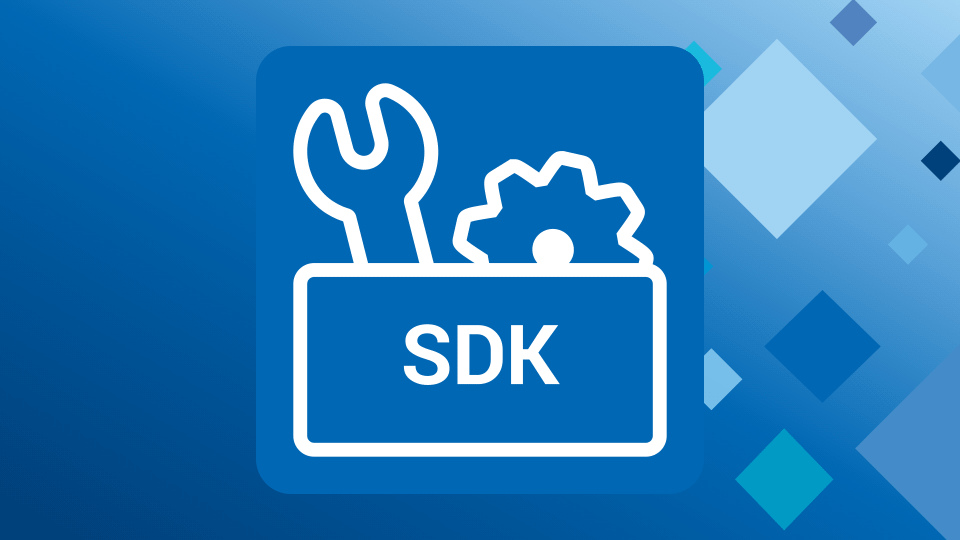
Software Development Kit (SDK) has been updated to Version 1.0, replacing the previous beta version. Key changes include clearer field descriptions, additional classification codes, updated mathematical mapping, and detailed instructions for creating digital signatures. Thanks to that, developers can integrate e-invoicing systems more easily, and meet and comply with the latest e-invoicing standards.
You can read this article: How Does E-Invoicing Work in Malaysia: A Comprehensive Guide
IRBM e-Invoicing is Crucial: 6 Fundamental Reasons
As Malaysia transitions to a digital tax system, the role of the Inland Revenue Department of Malaysia (IRBM) in implementing and managing e-invoicing is very important. IRBM's involvement ensures the change process is smooth and effective, bringing benefits to both businesses and the tax system.
The reasons why IRBM plays a crucial role in this important journey:
Comprehensive Guideline Issuance
IRBM issues detailed guidelines to help businesses integrate e-invoicing into their operations seamlessly. They provide a clear framework for how businesses should tailor their e-invoice model process, including formatting, submission, and compliance requirements. Details of how to format invoices to meet regulatory standards and how to submit them via the MyInvois system are also detailed by IRBM e-invoicing.
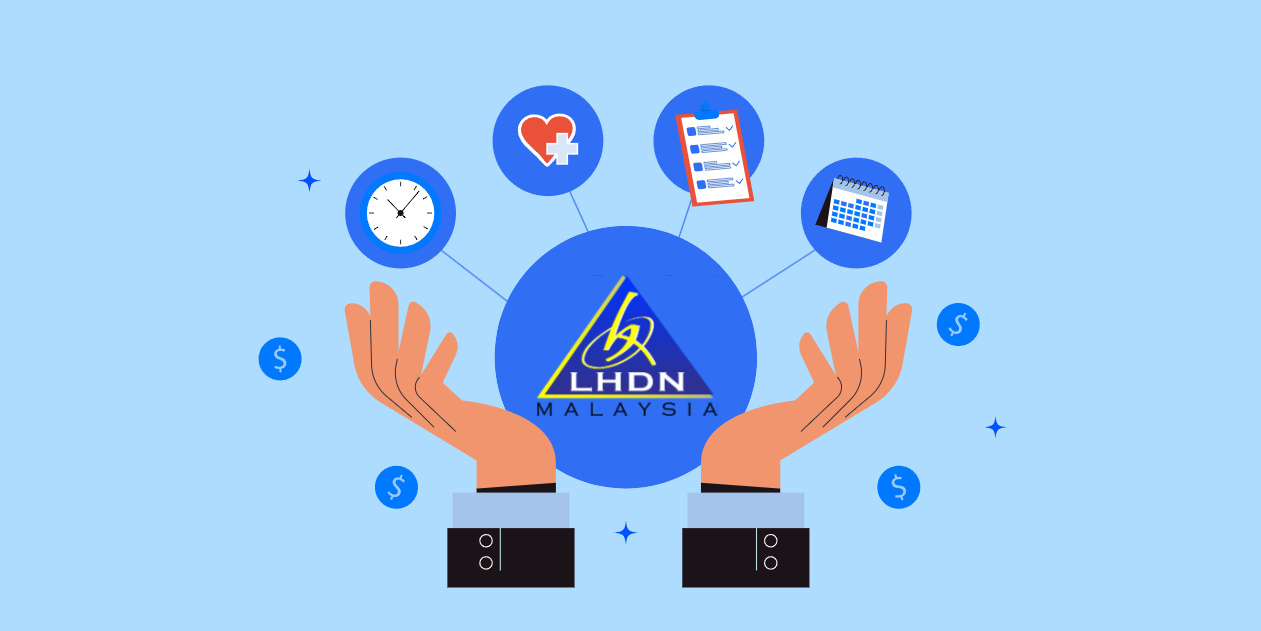
Accurate and thorough guidance is vital to ensure your business can transition to e-invoicing without confusion or error.
Effective MyInvois System Management
The MyInvois system is IRBM's central platform for processing e-invoices. It is the bridge for businesses to send invoices, and where these invoices are authenticated. The system is designed to handle large volumes of transactions securely and efficiently. You can bulk upload invoices using predefined formats, as well as minimize disruption when managing MyInvois with IRBM.
Robust Data Security Measures
IRBM places a high priority on data security in the MyInvois system. This involves implementing advanced encryption and access controls to protect sensitive financial information from unauthorized access. By encrypting to ensure invoice data transmitted between the business and IRBM remains confidential, IRBM e-invoicing maintains trust and protects all business and tax-related data digitally.
Ongoing Compliance Monitoring
IRBM e-invoicing continuously monitors compliance with e-invoicing regulations to ensure businesses comply with the latest regulations. This includes regular audits and checks to identify any deviations from the set guidelines. IRBM will carefully review submitted invoices to ensure they meet required content and format specifications. Thanks to this, the integrity of a country's electronic invoice system will be maintained.
Strategic Policy Making
As the creator of Malaysia’s tax policies, IRBM e-invoicing plays an important role in shaping the e-invoicing framework. This includes developing policies that govern the implementation and use of electronic invoicing, as well as making updates to address evolving needs and challenges. IRBM ensures e-invoicing always aligns with broader tax objectives, and integrates well with existing systems.
Strategic policy planning by IRBM helps create a cohesive and effective e-invoicing ecosystem that supports the overall goals of Malaysia's digital tax system.
Support for Stakeholders
IRBM provides extensive support to businesses and software providers to facilitate a smooth transition to e-invoicing. They provide educational materials, conducting webinars, and offering direct assistance to address any questions or issues.
Training sessions on how to use the MyInvois system or detailed FAQs on common issues create a proactive approach with business owners, making necessary information for relevant parties always fully updated and prepared for changes.
Expertise Advice to Follow IRBM e-Invoicing Efficiently
Navigating the new electronic invoicing requirements from IRBM can be complicated, especially for businesses that are new to putting e-invoicing into practice. Some advice drawn from our team of experts after implementing IRBM e-invoicing will help you get a clearer picture:
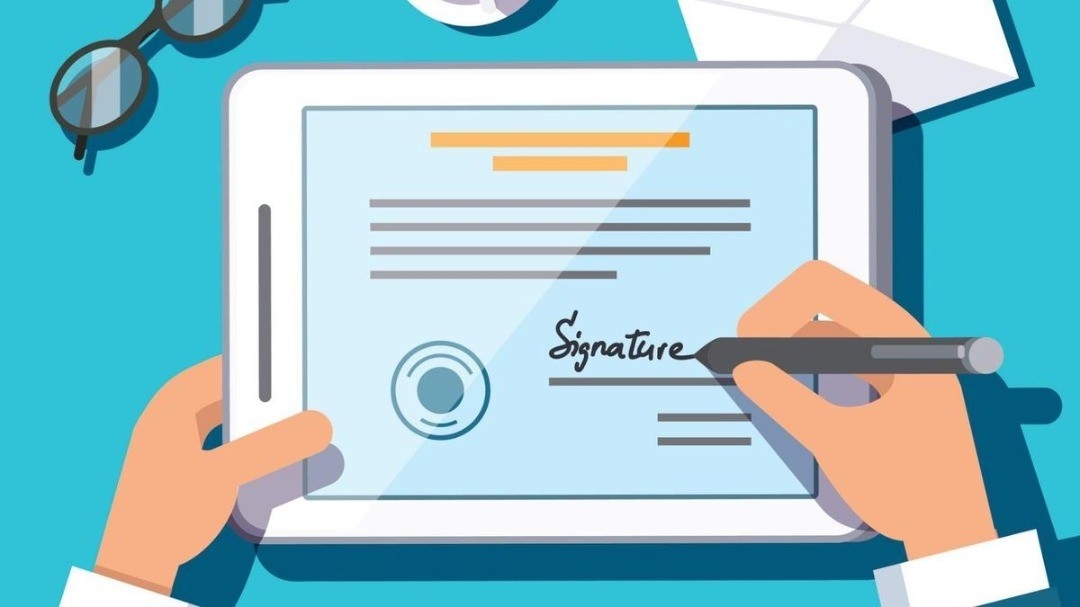
Ensure Compliance with IRBM Guidelines
Complying with IRBM's e-invoices guidelines is important to avoid penalties and ensure accurate invoice delivery. Be familiar with detailed requirements, such as invoice formats, required fields, and submission deadlines. Make sure that your IRBM e-invoicing has all the electronic signatures of the publisher, and is sent via MyInvois Portal according to regulations. Regularly review any updates to the guidelines to stay compliant with the latest standards and avoid any problems with IRBMs.
Invest in Training and Education
Invest in comprehensive training for your team to effectively use IRBM e-invoicing. This includes how to create, send, and track electronic invoices using the MyInvois portal. Training should also cover key functions, such as bulk invoice uploading and error resolution.
Additionally, keeping up to date with IRBM's educational resources, webinars, and workshops is also necessary to provide valuable insights and keep your team informed of any changes in e-invoicing programs.
Monitor and Review IRBM e-Invoicing Process Regularly
Implement a system to continuously monitor and review your e-invoices processes. Regularly audit the delivery of e-invoices to ensure they comply with IRBM standards and identify any potential issues.
You should focus on checking for errors in invoice data, verifying that postings occurred correctly, and promptly resolving any discrepancies. Evaluate regularly to maintain compliance and improve the efficiency of your invoicing operations, ensuring smooth interaction with the IRBM e-invoicing system.
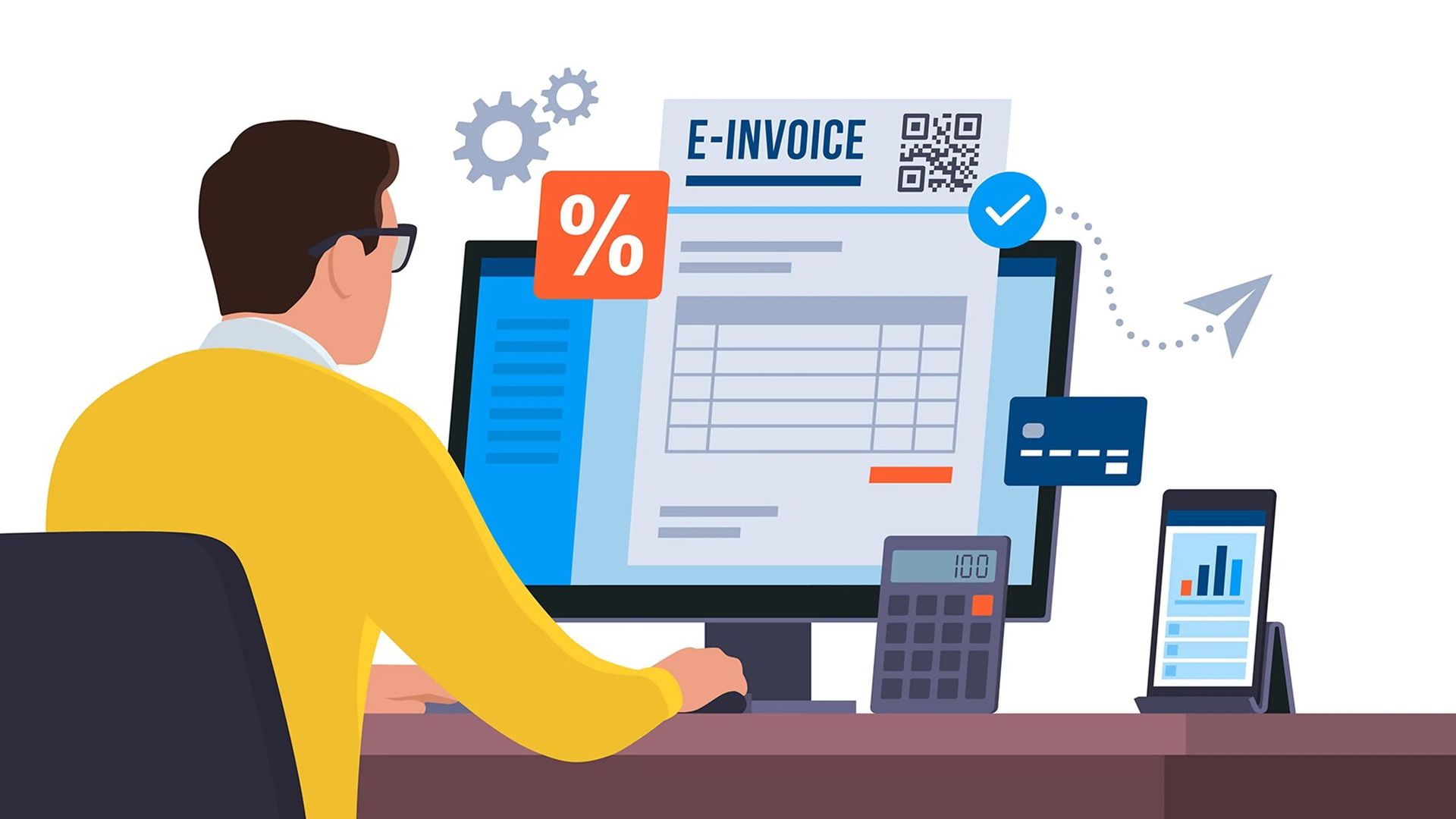
Partner with e-Invoicing Solution Providers and Software
If getting acquainted and learning a new e-invoicing process is too much for your business at the moment, collaborate with experienced e-invoicing solution providers. They can streamline your transition with the specialized software that integrates seamlessly with MyInvois (the ERP system like Odoo, or the e-invoice software like Bizzi). They assist in configuring your systems to meet compliance standards, automate the invoicing process, and ensure smooth data exchange with IRBM e-invoicing. Choosing the right supplier can save time and reduce the risk of errors.
A1 Consulting is a reputable e-invoicing solutions provider in the Malaysian market. Understanding the IRBM e-invoicing process and having extensive consulting and implementation experience in a series of e-invoicing projects of large and small businesses, we are confident to facilitate your transition to LHDN e-invoicing with automation middleware.
Final Thoughts
e-Invoicing is a macro innovation, emphasizing the Malaysian government's vision of digitally transforming the economy. Understanding its process will be the first stepping stone for you to firmly navigate the path of professional and long-term e-invoicing for your business.
This is not an easy exercise, especially when you have to spend a lot of time handling other tasks, not just focusing on e-invoicing. However, it will bring more advantages than you think to businesses, as well as to the Malaysian economy in the future.
Don't forget to contact us if you have any other questions about IRBM e-invoicing and want to have a more detailed e-invoicing consultation for your Malaysian enterprise!
